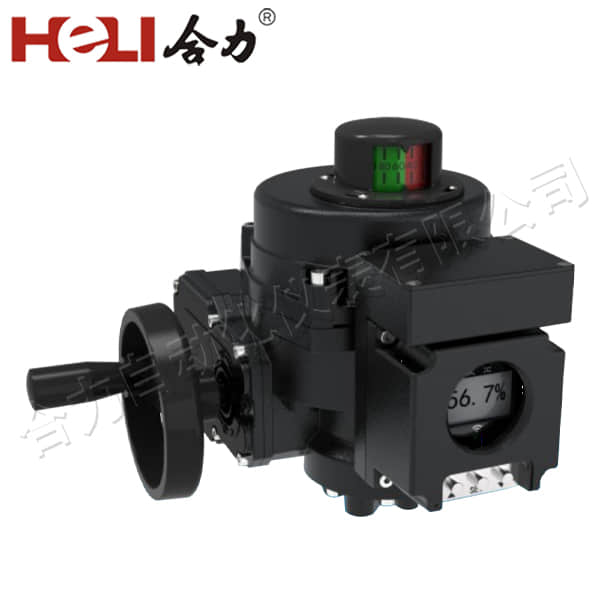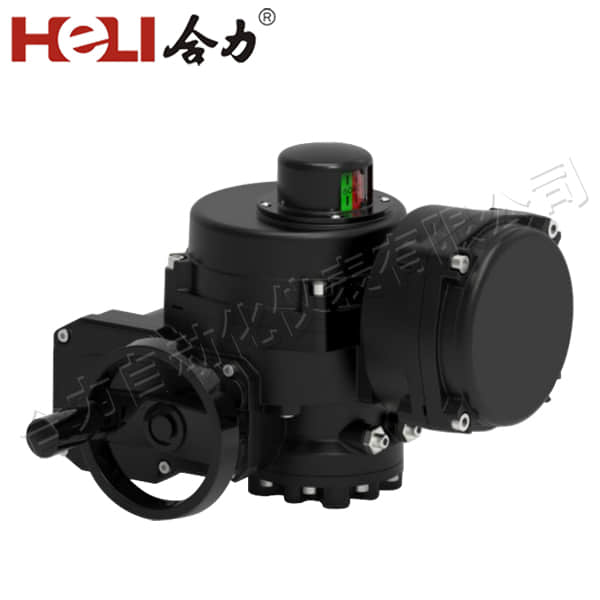
Explosion proof electrical installation is a critical aspect of ensuring safety in environments where flammable gases, vapors, and dust are present. Industries such as petrochemicals, pharmaceuticals, and food processing are particularly susceptible to explosive hazards, making the implementation of explosion proof methods essential for preventing catastrophic incidents. In this article, we will explore the significance of explosion proof electrical installations, the standards and techniques involved, and the benefits of investing in such infrastructure.

In areas where flammable materials are processed or stored, the risk of ignition from electrical equipment is a major concern. Standard electrical installations may not withstand the conditions present in these hazardous locations and could potentially lead to explosions or fires. Explosion proof electrical equipment is specifically designed to contain any potential explosions within the device itself, preventing the ignition of the surrounding atmosphere.
The primary standard governing explosion proof electrical installations is the National Electrical Code (NEC), particularly Article 500, which outlines the requirements for various classes and divisions of hazardous locations. In addition, the International Electrotechnical Commission (IEC) has established standards under the IECEx system, which focuses on promoting the safe use of electrical equipment in explosive atmospheres. Compliance with these standards is essential not only for safety but also for legal liability, as businesses can be held responsible for accidents resulting from non-compliance.
